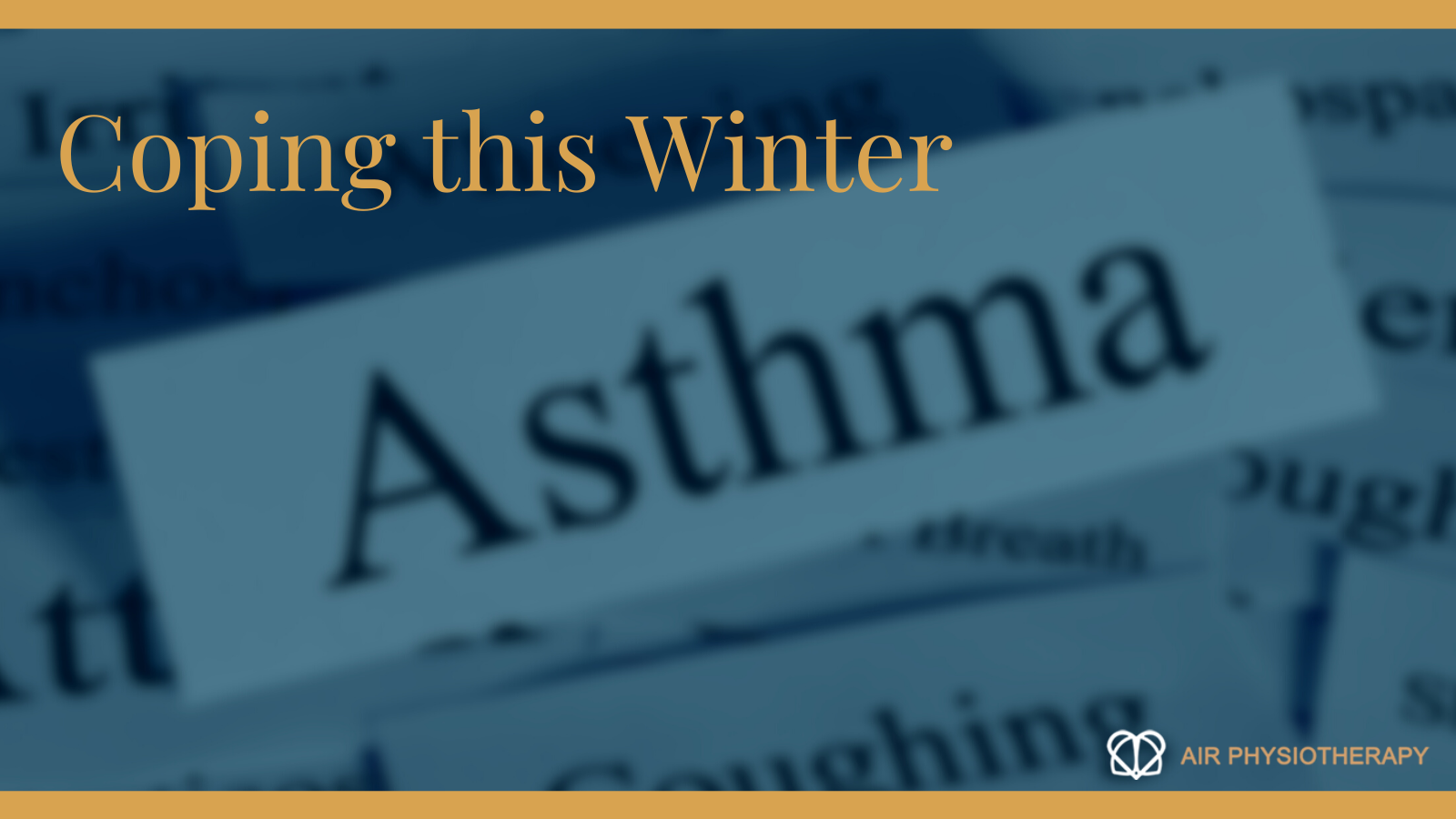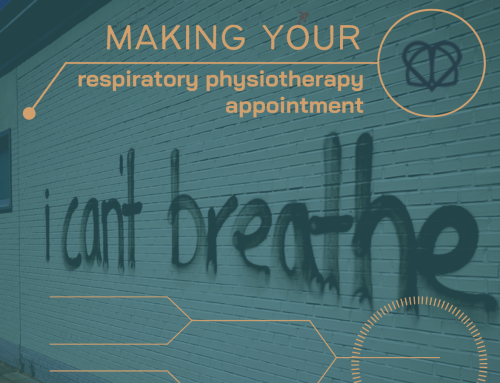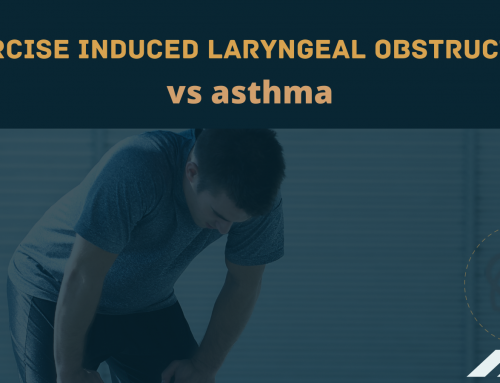Staying well and avoiding an asthma attack in the Winter months is especially important. With asthma hospitalising a person every 8 minutes in the UK, and December and January being the deadliest months for the condition, now is the time of year when many asthmatics need to be vigilant about their condition.
Why is the cold weather a problem?
Colder temperatures are one of the most common triggers for asthma, alongside colds and flu, central heating and damp conditions.
Winter creates an almost perfect storm for triggering asthma with 3 potential issues arising:
- Cold air can trigger a bout of wheezing because it prompts the airways to produce histamine – the same hormone released during allergic reactions.
- When you leave your warm house and step into the cold air outside, your asthma symptoms can be triggered because the smaller airways tighten as they try to stop the cold air go deep into the lungs.
- The body can also increase its production of mucus as it tries to create a warm environment and filter the air as it enters the lungs.
There’s been so much coverage over the last 20 months about how Covid is more of an issue in Winter – and it’s not just Covid increases in prevalence. Other viruses, including the flu, and illnesses such as upper respiratory infections, are simply more frequent in Winter. We tend to spend more time indoors, and as we hunker down inside, keep the windows closed and the flow of fresh air is more limited, we’re also in much closer contact with others who may expose us to those Winter contagions.
This can potentially worsen asthma’s bronchial symptoms.
What can you do to protect yourself over the Winter?
To avoid any Winter flare-ups:
- if your asthma is triggered by allergens you should limit your exposure to them by using allergen-proof bedding and covers, avoiding excessive humidifying, and ensuring there is proper ventilation in your home.
- get vaccinated – if you’ve not yet done so, book in for your flu and Covid vaccines as soon as possible.
- limit outdoor activities if your asthma is triggered by cold air. Perhaps try indoor activities instead. Using your rescue inhaler before exercise will help with wheezing and shortness of breath.
- when you are outdoors, make sure you’re not mouth breathing – breathe through your nose as this will warm the air that hits your airways. For those unable to nose breathe, holding a soft scarf loosely over their nose and mouth can help to limit the flow of fast, cold, dry air hitting your airways.
- breathing pattern re-education from respiratory physiotherapists is also very valuable to asthmatic patients to discuss breathlessness management and to optimise the way you breathe as much as possible. This is something that is particularly useful at winter but also all year round.
- always carry your rescue inhaler (usually blue) with you at all times as this helps quickly deals with asthma symptoms if you get them.
- remember prevention is better than cure… so use your prevention inhaler! It stops inflammation building up in your airways. You need to take it every day, all year round, even if you feel well. Taking your preventer inhaler as prescribed means your airways will be less sensitive and less likely to react to triggers. This includes any of your winter triggers, like cold air.
Have you had your asthma review this year?!
It’s very important that you see your GP to review your individual circumstances. This can be in the form of an annual asthma review, or it may be more regularly if your symptoms are severe. It’s your chance to talk through your own experiences and get the most up to date medical advice you need.
- How your symptoms are affecting you, if they’re keeping you awake at night, or stopping you from getting on with things
- Your medicines and inhalers, how often you use them, and your inhaler technique
- Your asthma attack risk
- Your asthma action plan
If you’ve not yet done so, book an appointment with your GP today!





